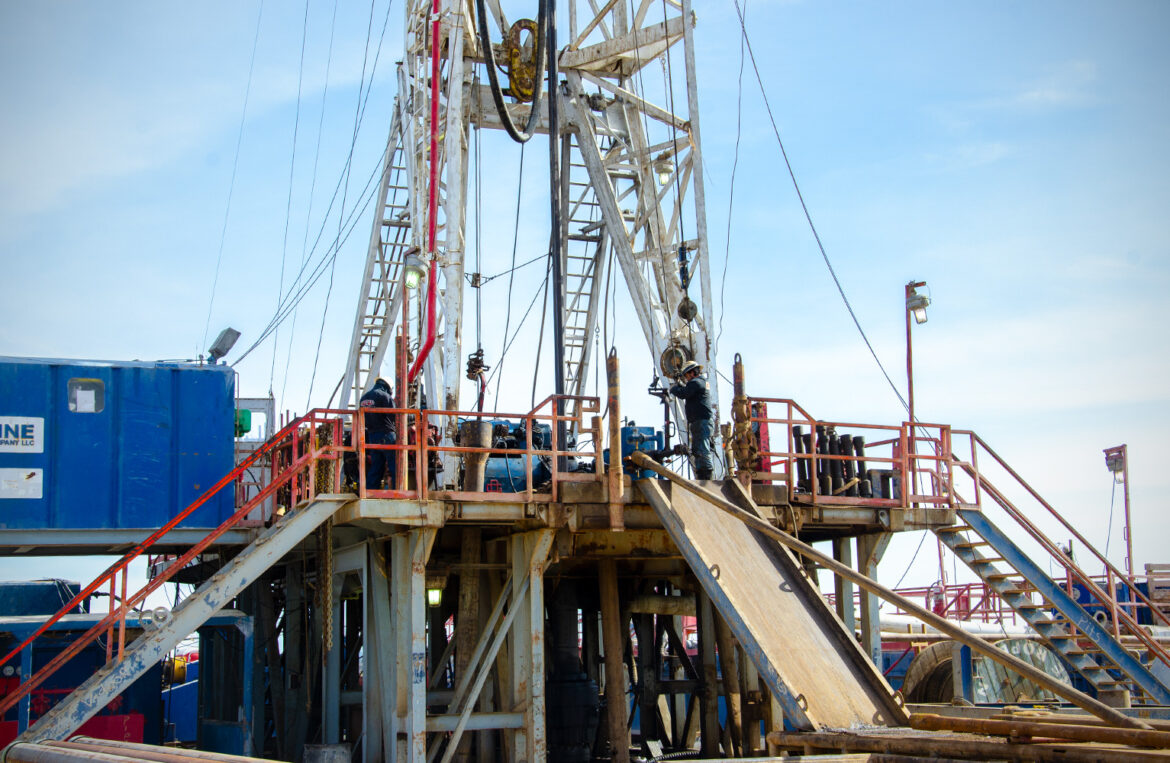Uganda plans to issue new oil and gas exploration licenses in the 2025/2026 fiscal year (July-June) to attract further investment into the sector.
The country’s last licensing round, which began in 2019, concluded in early 2023, with two out of five available blocks awarded.
“Accelerating oil and gas investments will be key to driving Uganda’s economic growth next fiscal year,” said Finance Minister Matia Kasaija during a speech outlining the government’s priorities for 2025/2026.
He emphasized that additional exploration licenses would be issued to increase production capacity and foster greater industry expansion.
Commercial oil production is expected to begin next year in the Albertine Graben region in western Uganda, where an estimated 6.5 billion barrels of oil have been discovered. To date, only about 40% of the Graben has been explored.
TotalEnergies, with a 56.7% stake, is the majority owner of the fields, partnering with China’s CNOOC and the Uganda National Oil Company (UNOC).
Kasaija also addressed concerns over Uganda’s debt, stating it remains “sustainable” despite recent downgrades from credit rating agencies. He reaffirmed the government’s commitment to keeping the debt-to-GDP ratio below 50%.
In August, Fitch downgraded Uganda’s rating from B+ to B, citing “reduced access to concessional financing, high domestic borrowing costs, and a drop in foreign exchange reserves.”
This followed a similar downgrade by Moody’s in May, lowering Uganda’s rating from B2 to B3 due to “diminished debt affordability.”
![]()




